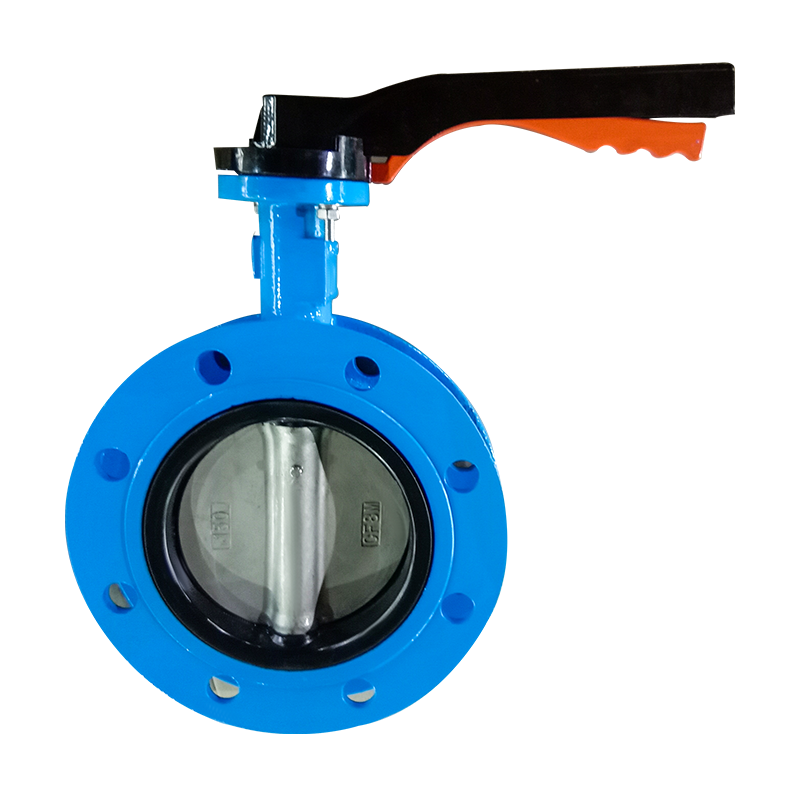
- Call Us
- +8618633052223
- njhdvlz@163.com
Aug . 01, 2024 01:30 Back to list
Gas Line Check Valve Manufacturing and Quality Assurance Process for Optimal Performance and Safety
Gas Line Check Valve Factory Ensuring Safety and Efficiency in Gas Systems
In the realm of industrial safety and efficiency, the gas line check valve plays a crucial role. As facilities within various sectors rely on gas for operations, ensuring the integrity of gas delivery systems is paramount. Gas line check valves are mechanical devices designed to allow the flow of gas in one direction while preventing backflow, making them essential components in gas pipelines. The production of these critical devices occurs in specialized factories dedicated to maintaining the highest standards in manufacturing and testing.
A gas line check valve factory is engineered to produce valves that meet stringent safety regulations and performance standards
. The factory must utilize advanced machinery and technologies to fabricate these valves with precision. The manufacturing process typically begins with high-quality materials, such as brass, stainless steel, or plastic, selected for their durability and resistance to corrosion, which are vital characteristics in gas applications.The design of check valves varies based on their intended applications. Typically, they are categorized into two main types swing check valves and spring check valves. Swing check valves use a disc that swings on a hinge, allowing fluid to flow in one direction while preventing it from flowing back. In contrast, spring check valves utilize a spring mechanism to close the valve when the flow reverses. Each type has its own advantages and is chosen based on specific operational needs, including pressure, temperature, and flow conditions.
Quality control is a significant aspect of the production process in a gas line check valve factory. Each valve undergoes rigorous testing to ensure it can withstand high pressure and effectively prevent backflow. This includes hydrostatic tests, where valves are subjected to pressures above their rated limits, and functional tests to verify that they open and close correctly. Factories often adhere to international standards, such as those set by the American Society of Mechanical Engineers (ASME) or the International Organization for Standardization (ISO), to assure customers of product reliability and safety.
gas line check valve factory

The factories are not only focused on compliance and efficiency but also on incorporating sustainability practices. Manufacturers are increasingly aware of their environmental impact and are implementing measures to reduce waste and energy consumption during production. By adopting eco-friendly processes and materials, they contribute to a more sustainable manufacturing sector.
Modern technology is also revolutionizing the operations of gas line check valve factories. Automation and digitalization have improved production efficiency and accuracy. Automated machinery can create components with precision, while digital systems track the manufacturing process and inventory levels. Additionally, advancements in computer-aided design (CAD) software allow engineers to design and simulate valve performance under various conditions, leading to the creation of more effective products.
The demand for gas line check valves continues to grow, driven by expanding industries such as energy, chemicals, and manufacturing. As global attention shifts toward energy efficiency and safety, the role of factories producing high-quality gas line check valves becomes even more critical. These factories not only supply essential components but also play a vital part in ensuring that gas systems operate safely and efficiently.
In conclusion, gas line check valve factories are at the forefront of providing reliable and safe solutions for gas handling systems. Through innovation, stringent quality control, and a commitment to sustainability, these factories contribute significantly to the safety and efficiency of various industries relying on gas. As technology continues to advance, the future of gas line check valve manufacturing looks promising, poised to meet the growing demands of an evolving market.
-
3 Butterfly Valve Dimensions | GPT-4 Turbo Precision Specs
NewsJul.31,2025
-
Stainless Steel Sanitary Butterfly Valve for Hygienic Flow Control
NewsJul.30,2025
-
High-Performance Groove Butterfly Valve for Easy Installation
NewsJul.30,2025
-
High-Quality 2 Inch Butterfly Valve for Precise Flow Control
NewsJul.29,2025
-
Double Flanged Short Pattern Butterfly Valve for Reliable Flow Control
NewsJul.29,2025
-
High Quality Wafer Check Valve Factories – Reliable Manufacturer & Supplier
NewsJul.29,2025